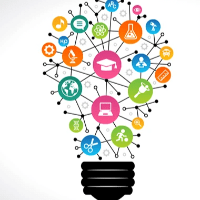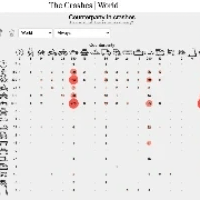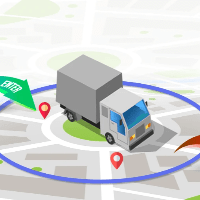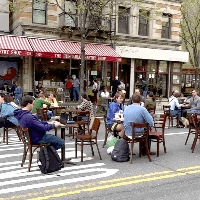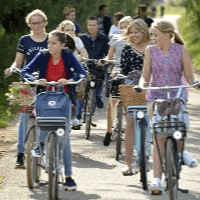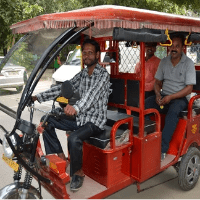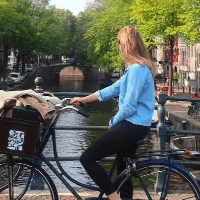
- Education
- …
- Education


- Education
- …
- Education
- Education
- …
- Education


- Education
- …
- Education

What we currently do at Urban Mobility Futures
Our ongoing research and outreach projects

Mobiliteitsbeweging
Together with key partners in the Dutch mobility domain (Rijkswaterstaat, Ministry of Infrastructure and Water) we are developing an arena for cognitive leniency. Training our common skills to rethink our understanding of the mobility system to come with better questions and solutions. A project with UUM. See here.

Roaddanger.org
The way in which media reports about traffic crashes has a strong influence on how the general audience perceives responsibility and supports traffic safety policies. In this project we study the specific impact of dehumanized reporting on victims, relatives and others involved. Next to that, we develop a crowdsourced, worldwide database and a filter to directly assess reporting. Join here.

Intelligent Speed Assist (ISA)
What are acceptance pathways for innovations that can tame the speed of motorized vehicles on our streets? In this project we look into how policy makers and citizens think about Intelligent Speed Assist and its potential impacts on traffic safety, street design, freedom of children and general street life. Most studies so far only look at this from the perspective of the car driver.

Urban Cycling Institute
Bringing cycling knowledge from science to practice and back! Cycling is a simple means that connects to a wide range of very complex problems and challenges of contemporary cities. It is intertwined with many aspects of urban life in all its richness and complexity.
Academic attention for this has been very limited. A more structured approach is needed to map these complex relations, understand best practices and foster reciprocal learning between research and practice. Visit our UCI here.

Children's Independent Mobility
Children form a social group who’s mobility is in many ways distinct from narrow uniform definitions. Playfulness, sensory pleasure, mobile sociality, ‘coolness’, freedom, exploration and escape are some of the key meanings of being underway for children. Much policies instead see it as purely functional and instrumental which is likely to be misleading. This project applies action research to improve children's independent mobility and make them active participants (in Finland, Netherlands, Mexico).

The emergence of the Electrical Rickshaw
Mobility is vital to the survival and development of booming urban populations in developing countries. Many developing countries do not have an inclusive and accessible public mobility system, therefore, informal mobility alternatives flourishes. An important emergent innovation in the Southern Asia context is the Electrical Rickshaw in various forms. We study how this innovation emerged, what narratives are used by the key players and what (rebound) effects this innovation has on social, environmental and economical dimensions.

Sensing the cycling environment
Although the rise of cycling in the urban policy agenda has led to a rapid growth of cycling research in recent years, most studies have focused their attention on the cycling rates and the efficiency of bringing people. Despite the value of these studies, they can tell us little about the sensory potential of cycling, which can help to transform the goals of mobility from efficient movement toward happy road trips, human connection and wellbeing. Which factors help most to enhance the perceived environment of cycling? How could we encourage greater diversity with positive but various perceptions of cycling?
